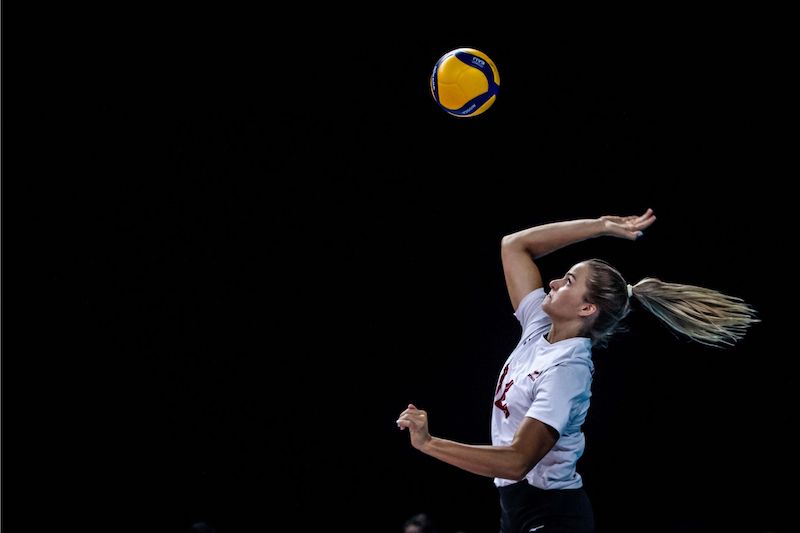Athletes as stakeholders
“Engaging (athletes) and treating them as the important stakeholders that they are will not only be good for the athletes but also good for the viability and the long-term longevity of sport.” Beckie Scott, 2002 Olympic gold medalist in cross-country skiing and a stalwart in the international anti-doping movement, reflects on the value of having…
Evaluation through storytelling
Engaging stakeholders in the communication of evaluation data can offer a relatable and culturally relevant lens to ensure that the findings are meaningful for diverse audiences. One way to do this is through storytelling. Learn more about how to share data through stories in the SIRC Blog.
Are “social learning spaces” for you?
A “social learning space” is a mechanism for learning and change that enables participants to create knowledge and formulate new ways of doing the things they care about. However, to be effective, they require active leadership and intentional facilitation. Wondering if this approach could help you address your organization’s most pressing issues? Learn more in…
Psychological safety in sport
Psychological safety is believing that you won’t be punished or humiliated for speaking up about ideas, questions concerns or mistakes. Psychologically safe sport environments pave the way for greater teamwork, improved resilience, enhanced athlete satisfaction and an ability to reduce athletes’ burnout.
Pandemic swimming
With 1000 participants and thousands more spectators expected to attend, Swimming Canada had the biggest Olympic and Paralympic Trials in its history scheduled for April 2020—until COVID-19 forced it to be postponed. Fortunately, and with the help of a 35-page safety plan, a scaled-down event was held during spring 2021 to determine athletes for Olympic…
Gold medal governance: Understanding and optimizing the role of the board

This is the third blog post in a series designed to increase the capacity of sport organizations to govern well in an increasingly complex world. Check out the previous posts about strategic foresight and the keys to gold medal governance. A team’s success often depends on how well each player understands and executes their role….
Calgary’s active economy
Calgary’s active economy includes 95% of the 1.5 million people living in the Calgary region, incorporating 4000 enterprises, employing 43 000 people, and contributing $3.3 billion to the regional economy. The ActiveCITY Collective was created to leverage Calgary’s active economy for regional growth and prosperity, and to maximize its impact on individual and community well-being.
Sport for Climate Action Framework
As part of their commitment to the international Sport for Climate Action Framework, the Canada Games Council will advance their sustainability practices across economic, social, and environmental dimensions—from merchandising to food services to capital construction. For all sport organizations, the Sport for Climate Action Framework can be used as a tool to orient thinking around…
National Day for Truth and Reconciliation
Today marks Canada’s inaugural National Day for Truth and Reconciliation, an opportunity to recognize and commemorate the legacy of residential schools in Canada. Take some time to learn and reflect by visiting the National Centre for Truth and Reconciliation (NCTR), an online place of learning and dialogue where the truths of residential school victims and…
How Volleyball Canada is taking an evidence-based approach to concussion prevention

Highlights “You have a concussion.” These are words that no athlete wants to hear. What exactly does it mean? Perhaps a full stop to sport-related activities. Or, no longer being able to practise, train or compete. Maybe uncertainty around recovery times or a return to play, and questions about future risks and implications. In recent…